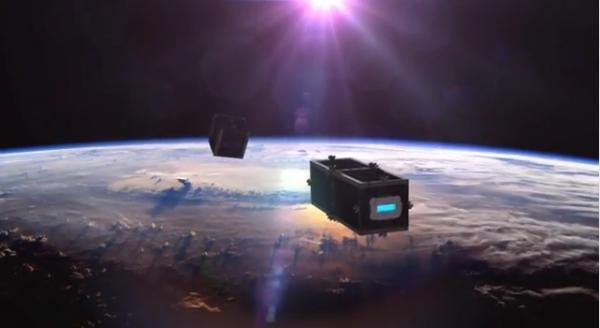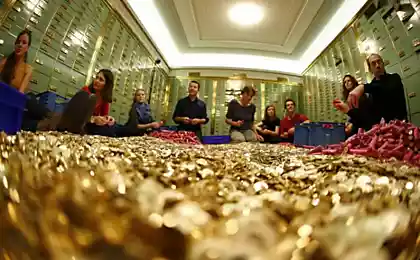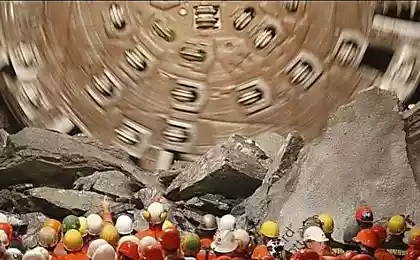1181
In Switzerland, created a "space janitor"

To combat this growing headache, Swiss scientists and engineers have announced the launch of «CleanSpace One» - the founder of the family "space janitors' to help clean the space orbit.
Its launch in about 3-5 years to eliminate from the orbit of one of the two objects the size of non-performing 61 cubic centimeter. When the "janitor satellite" to reach his goal, he will release a "hand", grab an object, and then travel to the Earth's atmosphere, burning himself and debris during re-entry.
«CleanSpace One» is being designed and built by the Swiss Space Center, Swiss Federal Institute of Technology in Lausanne (EPFL). Scientists develop special power plants that will «CleanSpace One» grab debris at speed 28, 000 km per hour.
"The main problem is the mechanism that will cover or grab garbage" says researcher EPFL, Richard Muriel. Design team draws inspiration by studying the gripping mechanisms of living organisms.
As a result, the Institute wants to be a pioneer in the field of "space janitors." They hope to establish production «CleanSpace» under each separate object debris of various sizes.
The market has long been ready for such satellites janitor. In 2009, the American satellite «Iridium» faced with a dead Russian satellite, producing more than 2,000 debris, some of which continue to threaten collision with other satellites. The more debris accumulates, the greater the probability of collision with satellites, and each new encounter appeals to further increase the spread of debris.
Claude Nicollier, astronaut and professor at EPFL, connects the problem of space debris with global warming. "In a sense, there are some similarities between the two issues," - he said. "If we do nothing, we get the big problems in the future."
Russian space failures: bad luck or system error?
Scientists have discovered a "residential zone" around stars























